Still Need FAFSA? Educators Plan More Events to Help Students
El Paso Community College and the University of Texas at El Paso have organized events meant to help students to complete their FAFSA.
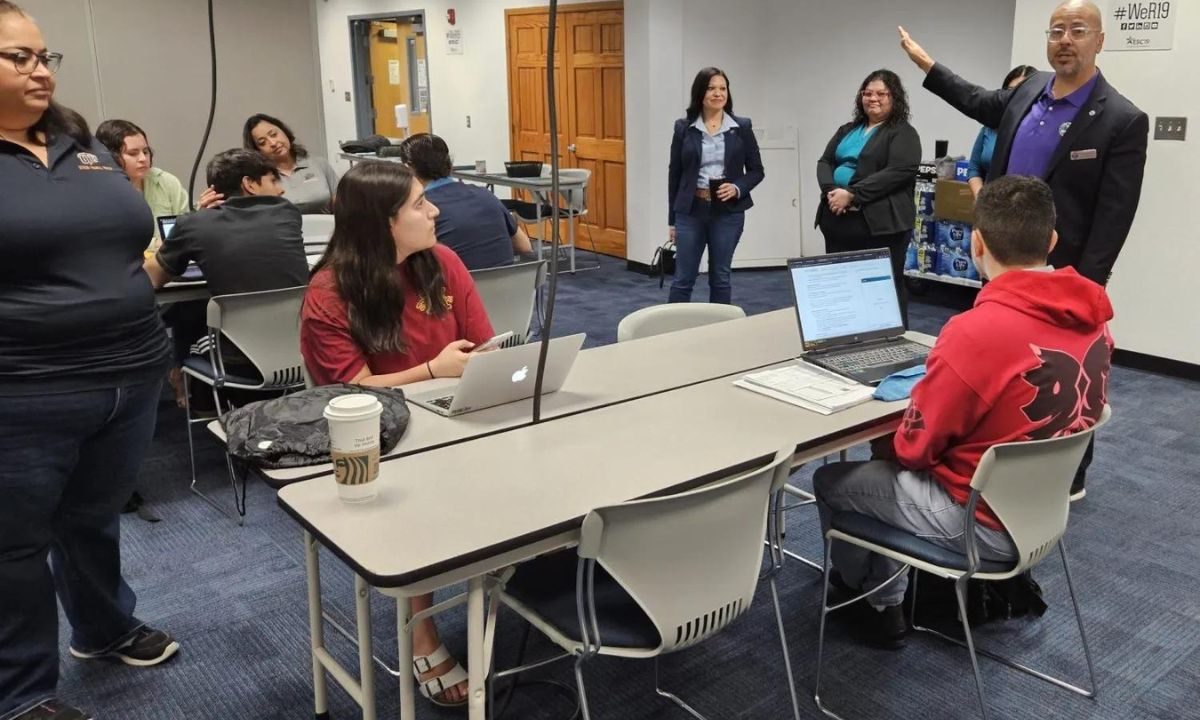
Get stories like this delivered straight to your inbox. Sign up for The 74 Newsletter
Talk to some high school and college students about this year’s Free Application for Financial Student Aid, or FAFSA, and they share their concerns as well as their optimism. Few voice anger about the glitches that have made this financial aid season so stressful.
Why? Because they understand that FAFSA is the key to $150 billion of college grants, work-study funds and federal student loans that will pay for college. They understand that FAFSA is not the enemy.
Regardless, the number of FAFSA submissions are down nationwide, including Texas, because of problems with the form that have delayed some students from completing the application and have discouraged others from attempting it.
High school and college counselors, advisers and administrators know this and have scheduled a second wave of workshops now through early May to encourage students to fill out the form and submit it.
About 200 students who had questions about their application participated in the bilingual FAFSA Workshop on April 20 at the Education Service Center Region 19 to get answers. Almost all came with family members, a laptop computer and financial information with the hope that they could start, fix or submit their applications that day.
Among them was Yaxley Bouche, an 18-year-old senior from Austin High School. She and her mother, Diana, wanted to complete the parent portion. Once done, the student could submit her FAFSA.
“I’m a little stressed about how much money I will get,” said the Central resident who wants to study nursing at El Paso Community College or the University of Texas at El Paso. “Will it be less than others because I’m submitting (my application) late?”
With the help of a small army of volunteers, mostly from EPCC and UTEP, students found the guidance they needed.
The two institutions organized this special event and agreed to participate in others during the next two weeks to help other families that have been confused by FAFSA.
One volunteer helped Diana Bouche start an account, which will take three days to be verified. After that, her daughter can submit her application, which should be accepted in 10 business days.
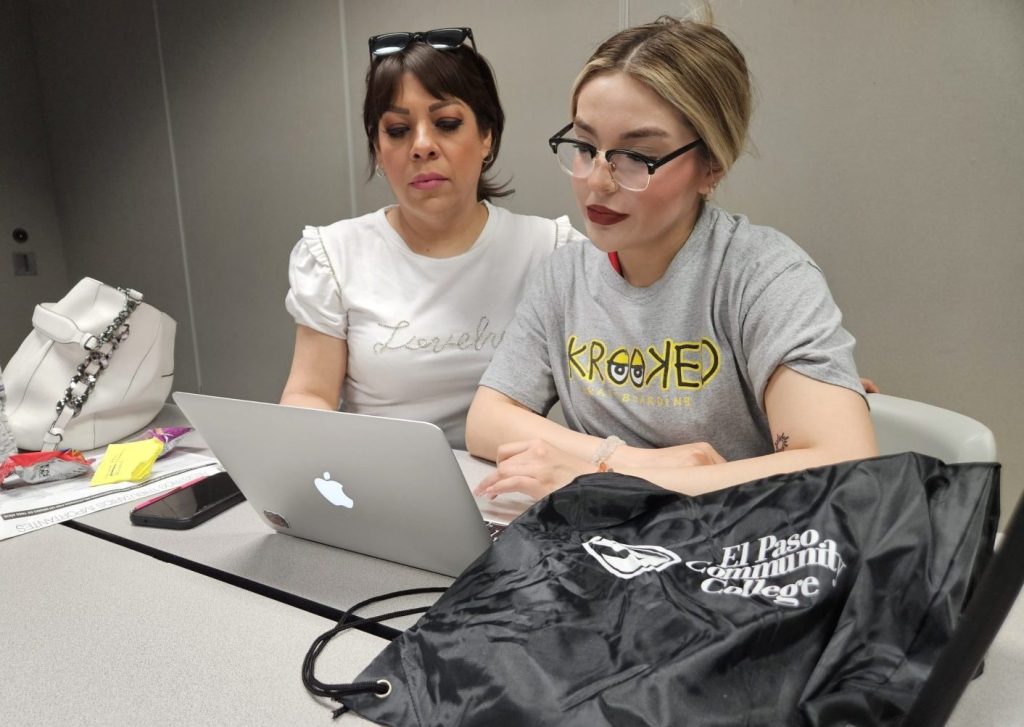
“I’m not comfortable yet,” Yaxley Bouche said as she closed her laptop before leaving. “I’m still concerned with the wait.”
Fewer seniors complete FAFSA
According to the National College Attainment Network, as of April 12, only 29% of high school seniors have completed their FAFSA. More than 1.2 million have submitted their application, but that is 36% less than this time last year.
The network’s numbers show that almost 34% of Texas senior class – approximately 373,000 – has completed the application. Since the Class of 2022, Texas has mandated that high school seniors submit a FAFSA, the Texas Application for State Financial Aid, known as TASFA, or sign an opt-out form.
In an effort to make the FAFSA process easier, Congress passed the FAFSA Simplification Act in 2021. The new application was to be more user-friendly with fewer questions (36 down from 108). It also was supposed to expand the eligibility for federal financial aid.
The U. S. Department of Education released information late last year that the number of Texas students eligible for a Pell Grant under the new FAFSA would increase by almost 51,300, and the ones who would earn the maximum Pell amount would grow to about 132,700. A Pell Grant is federal need-based aid awarded to millions of students annually.
The DOE normally releases the FAFSA on Oct. 1, but this cycle’s forms were not released until the last week of 2023. Since its launch, the application has suffered several setbacks because of technology and human error.
Financial aid offers lag behind
Karla Cid, 18, and her mother, Veronica Cid, traveled from Fabens to participate in last weekend’s FAFSA Workshop. The parent did not have a Social Security number and the pair sought a way to create and verify the mother’s account.
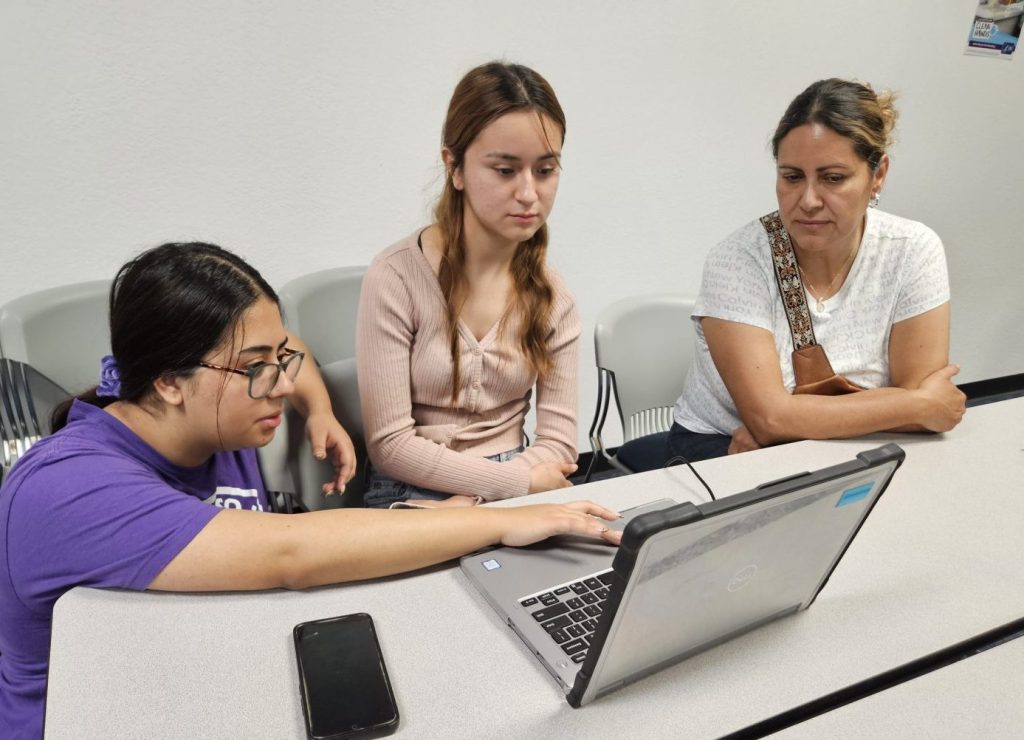
“This is confusing to everyone,” said Veronica Cid, who, like her daughter, spoke through an interpreter. “No one can help. We’re all in the same boat.”
Cid, a first-year psychology student at EPCC, said she filled out last year’s FAFSA form and earned a Pell grant for almost $3,700. The 2023 Fabens High School graduate questioned why the government had to change the process.
“If I don’t fill out the FAFSA, I can’t go to school,” said the younger Cid, who works for a fast-food franchise in Fabens. “I’m stressed. If I have to pay out of pocket, will I need to work more?”
Despite her application ordeal, she was confident things would work out. Her Plan B is to take fewer courses and go part time.
Ian Valdez, a college and career adviser at Socorro High School through Advise Texas, said that he was aware that one of his students had received an aid offer from a four-year institution. Results of a survey done last week by the National Association of Student Financial Aid Administrators showed that 16% of public universities had started to send aid offers, while 54% of higher education institutions had not packaged aid offers yet. It also reported that at this point in a typical year, more than 80% of the institutions would have sent their aid offers to students.
Valdez said that among the main issues his students have shared during this FAFSA cycle included mixed-status families, or families with members of varying legal status, and poorly worded questions.
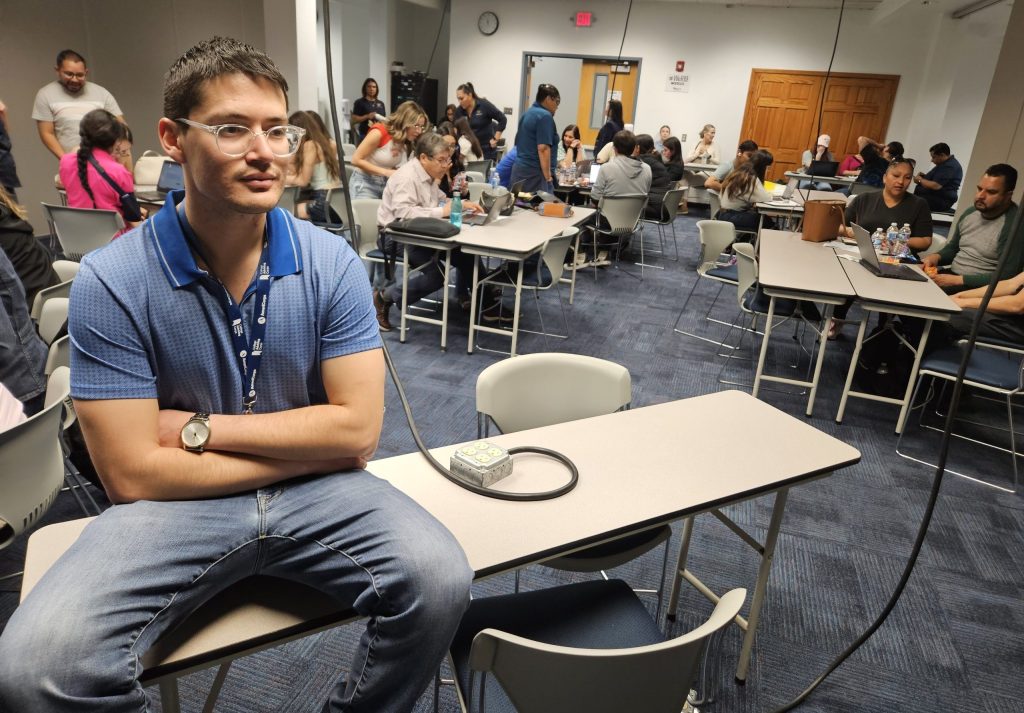
Another problem Valdez noted was the students’ procrastination. He said that about one in six have not even started to fill out their FAFSA despite his nudges and assurance of his help to get it done.
“They don’t know how easy it can be,” said Valdez, who volunteered at the workshop. Under the best circumstances, applications can be completed in 30 minutes or less. “If there is a problem, we can set up a one-on-one with them and their parents.”
‘We’ll fix the problems’
EPCC and UTEP echoed that suggestion. Officials asked students who need help with their FAFSA, especially to address challenges, to contact their institutions’ enrollment or financial aid offices.
“We’ll work with the families with questions, and we’ll fix the problems,” said Ines Lopez, EPCC’s executive director Student Financial Aid.
UTEP and EPCC officials said that their institutions had accepted fewer FAFSA forms than normal for this time of year, but were confident that the numbers would recover before the start of the fall 2024 semester.
“The (high) schools have reached out to us because their (FAFSA) completion numbers are low,” said Carlos Amaya, EPCC vice president of Student & Enrollment Services. “They wanted more FAFSA nights and we’re going to help them to beef up their numbers.”
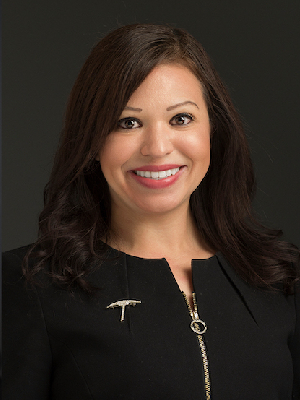
Additionally, UTEP plans to conduct application workshops for its continuing students the week of April 29.
Amanda Vasquez-Vicario, UTEP vice president for Enrollment Management, said the university had received about 19,000 FAFSA forms so far. At this time last year, they had 25,000.
Vasquez-Vicario said she is “cautiously optimistic” in part because the institution has seen a slow but steady increase in the FAFSA forms from first-time college students.
The UTEP official said that her team tells students that there is no need to panic, but some, especially those from mixed-status families, are the most anxious. They wonder if they will get the necessary financial aid, she said.
Vasquez-Vicario said the enrollment staff assures students of the university’s commitment to help, and suggests alternative sources of financial aid such as UTEP’s Paydirt Promise program where most students from families with incomes of $80,000 or less could be eligible to attend UTEP and not have to pay tuition and mandatory fees.
This article first appeared on El Paso Matters and is republished here under a Creative Commons license.
Get stories like these delivered straight to your inbox. Sign up for The 74 Newsletter

;)